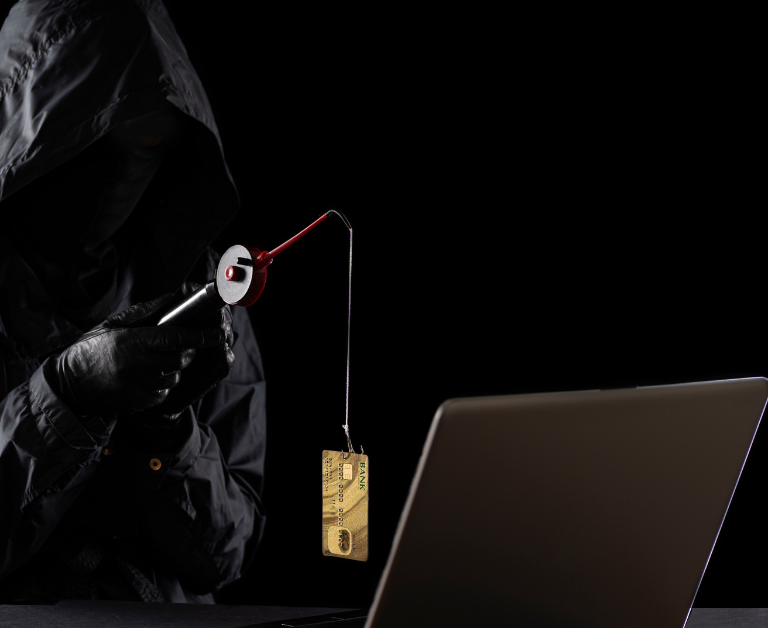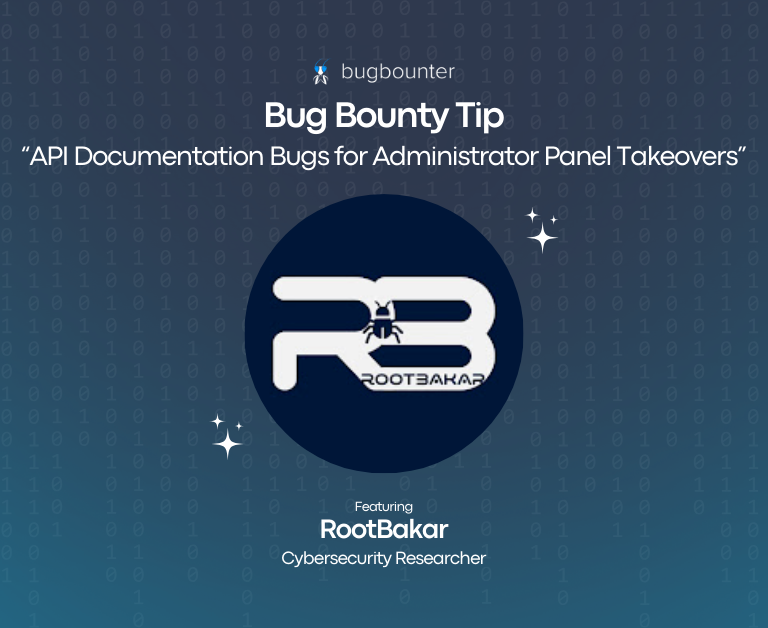Why is executive leadership important for cybersecurity?
In the dynamic landscape of cybersecurity, effective leadership is the linchpin that ensures an organization’s resilience against evolving threats. This blog post explores the indispensable role of executive leadership in crafting and executing cybersecurity strategies. We delve into the importance of understanding the human impact of cyber threats, the critical role of Key Performance Indicators (KPIs), and the imperative for boards to drive cybersecurity initiatives from the top down.
Don’t feel like reading today? Talk to a real human.
Strategic Resource Allocation: Balancing Innovation with Security
In the digital era, innovation is synonymous with success, but not at the cost of security. Executive leaders, including Chief Information Security Officers (CISOs), must adeptly allocate resources to balance the pursuit of innovation with the imperative of cybersecurity. This strategic allocation ensures that technological advancements align seamlessly with robust security measures, safeguarding the organization’s digital assets.
Cultivating a Security-Centric Culture: It Starts at the Top
Executive leaders set the tone for organizational culture, and cybersecurity is no exception. Fostering a culture of security begins with leadership actively championing its importance. By prioritizing cybersecurity in their vision for the company, leaders inspire a shared commitment to vigilance and accountability at all levels. This top-down approach is crucial for instilling a proactive mindset toward cybersecurity throughout the organization.
Empathy in Cybersecurity: Understanding the Human Element
Beyond technical expertise, empathy emerges as a vital component of effective cybersecurity leadership. Leaders need to comprehend the human impact of cyber threats, understanding the concerns and needs of their teams and clients. By incorporating empathy into their leadership style, executives can create a supportive environment that encourages open communication and collaboration, strengthening the overall security posture.
Key Performance Indicators (KPIs): A Crucial Lens for Executive Leadership in Cybersecurity
In the realm of cybersecurity, Key Performance Indicators (KPIs) are indispensable tools for executives. KPIs provide insights beyond departmental perspectives, offering a holistic view of the organization’s cybersecurity posture. Executives can use these metrics to resolve conflicts, make informed decisions, and align cybersecurity efforts with overarching business goals. KPIs bridge the gap between technical intricacies and board-level expectations, enhancing communication and accountability.
Breaking the Cycle: Executive Leadership for Cybersecurity Success
Despite the critical role CISOs play in cybersecurity, their tenures often remain short. To address this challenge, boards must take ownership and drive cybersecurity initiatives with a long-term perspective. Cybersecurity is not merely a technical challenge; it is a leadership matter deeply rooted in culture and governance. Boards should recognize this and ensure a mission-driven approach, breaking the cycle of short CISO tenures and fostering sustained cybersecurity success.
Bug Bounty as a Third-Party Audit: Strengthening Cybersecurity Defenses
One effective way to fortify cybersecurity defenses is through bug bounty programs. These initiatives leverage external expertise to identify vulnerabilities, offering a fresh perspective on security measures. Bug bounty platforms like BugBounter provide a structured approach to ethical hacking, aligning with the principles of a third-party audit. Executive leaders can leverage bug bounty programs to supplement internal security efforts, ensuring a comprehensive and proactive approach to cybersecurity.
In conclusion, executive leadership is the cornerstone of successful cybersecurity strategies. By embracing a proactive and empathetic approach, allocating resources strategically, and leveraging tools like bug bounty programs, leaders can navigate the ever-evolving landscape of cybersecurity, protecting their organizations from emerging threats. As cybersecurity becomes a business protection imperative, it is imperative for CISOs, CxOs, founders, and IT professionals to prioritize and invest in robust leadership practices for a secure digital future.
Learn more about how BugBounter can be the perfect third-party audit. Contact us today.





